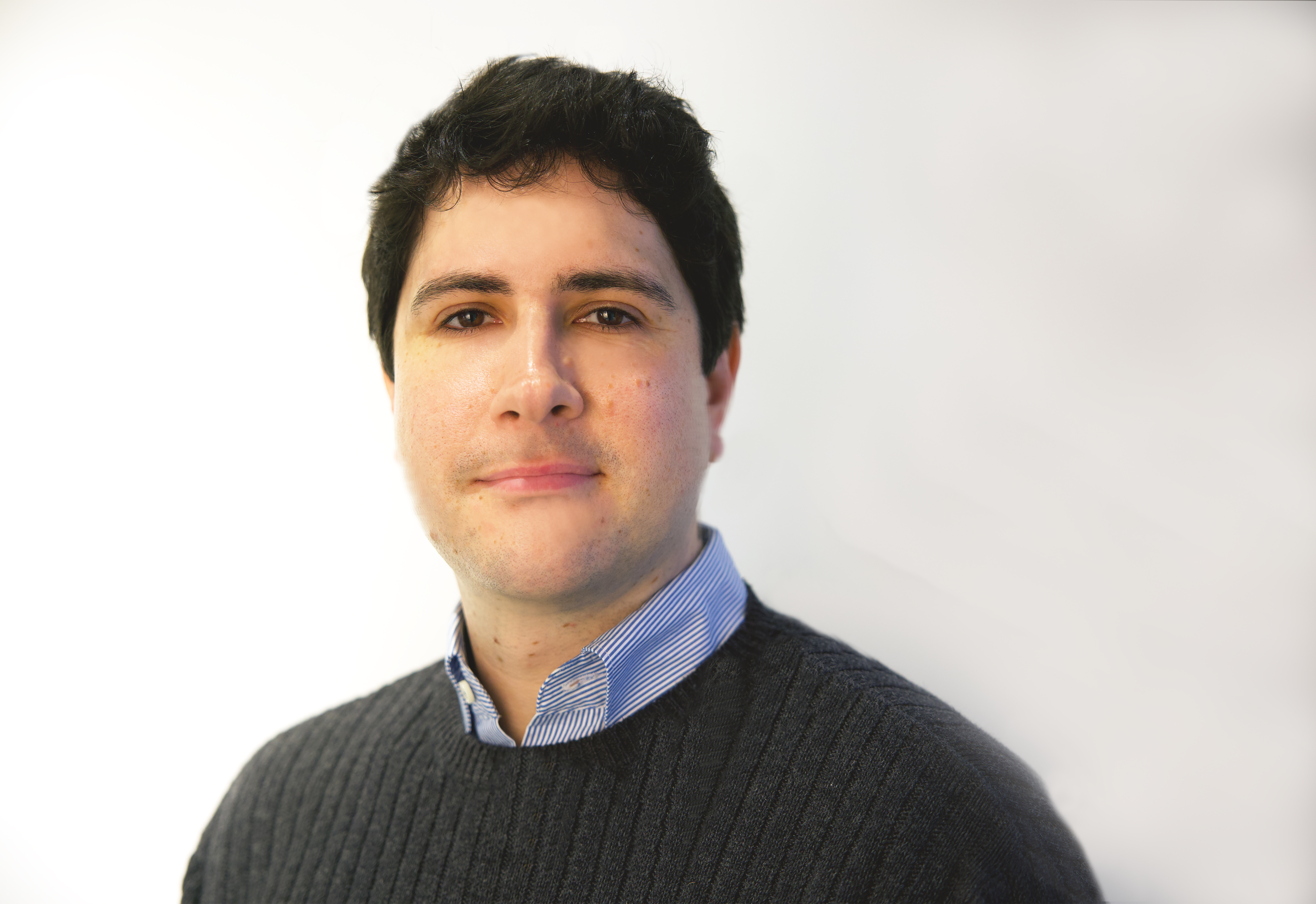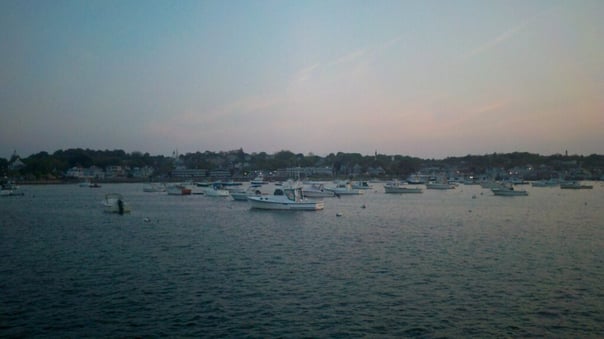[Editor's note: This blog post originally appeared in Vita Brevis on 6 January 2020.]
For whatever reason, my grandmother’s ancestors stayed put. They ignored the call to go west (“young man!”) or to secure the nation’s manifest destiny. Maybe they had political objections and instead manifested disdain for American imperialism and conquest. Maybe they felt comfortable where they were, and bred wanderlust right out of the gene pool. Wasn’t it enough that many of their ancestors had traveled thousands of miles to get to Plymouth in the first place? Plympton is west; Marshfield and Kingston are north; and that is just about as far as they went.
And here is the humble brag: because my grandmother’s ancestors stayed put, and let’s face it, married their extended relatives (folding the family tree in on itself numerous times), I can prove descent from many Mayflower passengers, many times over. When Gary Boyd Roberts put together his book The Mayflower 500: Five Hundred Notable Descendants of the Founding Families of the 'Mayflower' and included a section covering NEHGS Mayflower descents, he let me know that I had the most of any person on staff. No surprise – the family spent eleven-odd generations in Plymouth County before my grandmother married a Polish-Italian guy from Boston.
I grew up in Bridgewater, about half an hour from downtown Plymouth. For me, the town wasn’t just a chapter in my school book, but a living, breathing place, where we went for fried fish and school field trips. In college, I acted the tour guide to my out-of-state friends. I still get a sick kick out of watching the disappointment on a person’s face as they peer down and see how small the Rock is. Even more, when I explain its dubious history to them.
For me, the town wasn’t just a chapter in my school book, but a living, breathing place, where we went for fried fish and school field trips.
Truthfully, the best part of having Mayflower ancestry is the volume of material that has been researched and published. It makes these lines much easier to trace, and I have been able to go much further back in my grandmother’s family tree than any of my Irish, Scotch, Polish, or Italian branches. I am fascinated by the history of the Pilgrims but don’t get any kudos from having them in my family tree. Their actions plunked me here, but then so did every other ancestor in my tree, known and unknown. It is interesting to see how the settlers of early Plymouth Colony have been lionized and mythologized. Take a look at Plymouth court records and you will find boundary disputes, cattle theft, adultery, and murder – a far cry from Longfellow’s treatment. However, it is through those ancestors that I feel so rooted to Plymouth, and as long as I can continue to get a parking spot and affordable fish n’ chips, I probably won’t push west either.
Share this:

About James Heffernan
James writes family histories for our Newbury Street Press imprint. He works closely with patrons to prepare meticulously researched volumes that match their family interests. James joined the staff of American Ancestors in 2015, working initially in Member Services, orienting visitors to our library campus in Boston, before spending several years as a genealogist preparing detailed reports for our Research and Library Services department. He is a frequent contributor to the Vita Brevis blog, the New England Historical and Genealogical Register, and American Ancestors magazine. His most recent work has focused on seventeenth-century New England immigrant origins, advancements in the field of genealogy, and strategies for connecting nineteenth and twentieth century immigrants to their birthplaces in Central and Eastern Europe. James works with our Education department to present lectures on American immigration history and research within the former territories of the Russian, German and Austrian Empires. Prior to his joining the team at American Ancestors, James worked in the conservation department of the John J. Burns library at Boston College, where he earned his BA, and the research library at Plimoth Patuxet Museums in Plymouth, Massachusetts.View all posts by James Heffernan →
